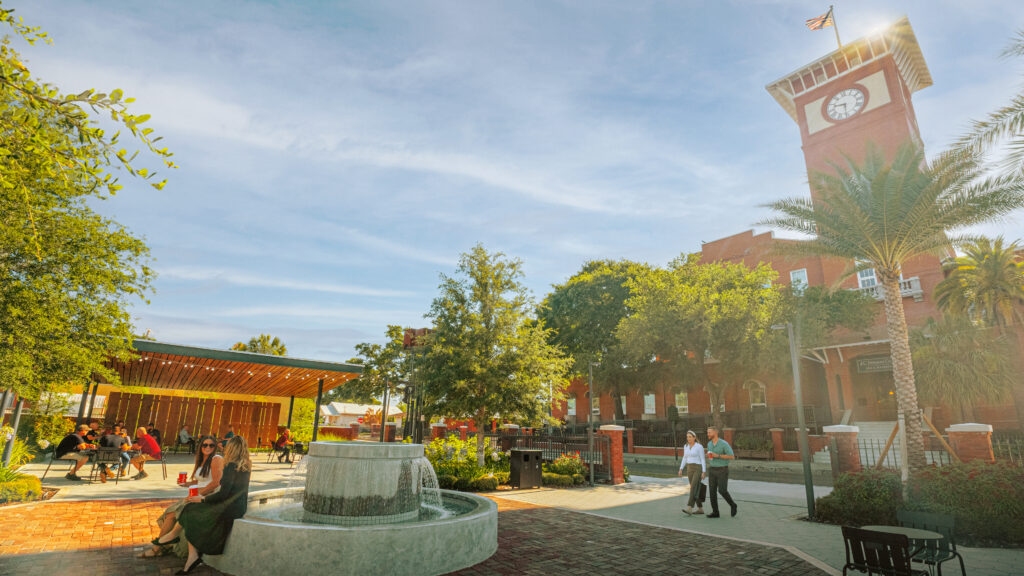Julius Caeser Newman was born in Austria in 1875. He immigrated to the United States 1888 through Baltimore. As he didn’t have a middle name, the immigration officer chose one for him, making him Julius Caeser Newman. The Roman emperor spelled it Caesar.

In the late 1800s, difficult economic conditions in Europe and the high demand for industrial labor in the United States resulted in mass migration to cities in the north east. Companies employed agents to encourage European workers to move and chartered steam ships to bring them here. It was common to settle where your fellow countrymen were concentrated. In JC’s case the city was Cleveland, which had several cigar factories. At the time the cigar business was mostly local. JC decided to learn to roll cigars for a living, In 1895 he started his own company which grew to the largest in Cleveland and ultimately in the mid-west.
Over time the cigar business consolidated. In 1954, at age of 78, he decided to move his family and company to the cigar capital of the United States, Ybor City.
The Cigar industry in Ybor had peaked just prior to the depression in the late 1920s. By 1954, there were 10 large family owned cigar businesses left in Ybor City. During the 70’s and 80’s most of the local cigar businesses closed or moved over seas. With the closing of Hav-A-Tampa in 2009, JC Newman became the last operating cigar factory in Tampa. After pandemic, it became last large cigar factory in the country.
JC Newman defines itself as an old school / old world company. Their goal is to roll cigars today they way they were rolled 100 years ago and to do that 100 years into the future. They roll them in two ways – by hand and using hand operated antique equipment from the 1930’s. They employ 165 employees in Ybor and 840 in their Nicaragua factory.
Current managed by JC’s grand and great grand children, Eric, Bobby and Drew Newman, JC Newman is still family owned. It makes 30 million cigars per year which are sold all over the world, priced from $2 to $25. Using only natural ingredients, they age their tobacco 3 years on average before using it for production.
The revitalization of Ybor City to the north of I4. Most people think of the re-vitalization of Ybor City as occurring around 7th Avenue. JC Newman is focused on the area to the north of I4, which was effectively cut off by the interstate when it was constructed in the early 60’s.
The El Reloj District. The first step in the process was to renovate the El Reloj (the clock) a historic cigar factory with a clock tower. It is now a museum, operating cigar factory, and event center which offers tours to the public and cigar rolling classes. Within the last four years visitor traffic has increase to 15,000 people per year.


They have also built Cigar Worker’s Park and plan to relocate a 100 year old tobacco barn from north Florida to the El Rejol property for additional event space in 2026.
They are currently renovating the building across the street from El Reloj. In 2025 it will contain Elaine’s Restaurant and Stanford’s Cigar Lounge (named after Elaine and Stanford Newman) on the first floor and a small inn (yet unnamed) on the second floor.
Ybor is fortunate to have the Newman family breathing life into the El Reloj District.



